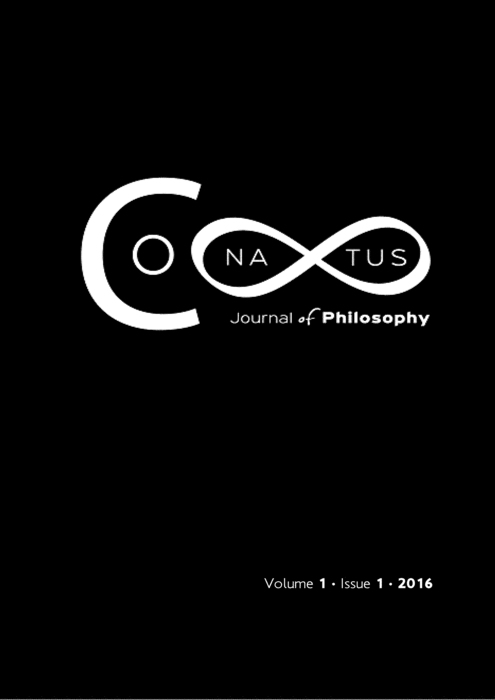The Abolition of Reconciliation through the Difference of Postmodernity

Abstract
The main goal of this article is to present perceptions of the world of two different and meaningfully promiscuous ways of thinking: from the one hand the perception formed during the contemporary times and from the other the perception formed during ‘’post-histoire’’. What has to be firstly clarified regarding the matter of post-modern is that it does not fight against its modern ancestor. Post in postmodernity does not mean the replacement of modernity. In other words, post is not connected with a time period that has passed and be replaced with something novel. The entirely analysis goes all the way based upon Derrida’s Thought. To be more specific that means that the goal is the signalization of the differences between modernity and postmodernity without a breath of identification, conciliation or concordant connections but through the percept of complementarity. It is also anticipated to be clarified a model of historic perspective, during its progression social configurations are structured after this model has been firstly approached through the prism of Rousseau’s thought.
Article Details
- How to Cite
-
Chalvatzis, S. (2017). The Abolition of Reconciliation through the Difference of Postmodernity. Conatus - Journal of Philosophy, 1(1), 57–67. https://doi.org/10.12681/conatus.11846
- Section
- Articles

This work is licensed under a Creative Commons Attribution-NonCommercial 4.0 International License.
Authors who publish with this journal agree to the following terms:
Authors retain copyright and grant the journal right of first publication with the work simultaneously licensed under a Creative Commons Attribution Non-Commercial International License (CC BY-NC 4.0) that allows others to share the work with an acknowledgement of the work's authorship and initial publication in this journal.
Authors are able to enter into separate, additional contractual arrangements for the non-exclusive distribution of the journal's published version of the work (e.g. post it to an institutional repository or publish it in a book), with an acknowledgement of its initial publication in this journal.
Authors are permitted and encouraged to post their work online (preferably in institutional repositories or on their website) prior to and during the submission process, as it can lead to productive exchanges, as well as earlier and greater citation of published work.





